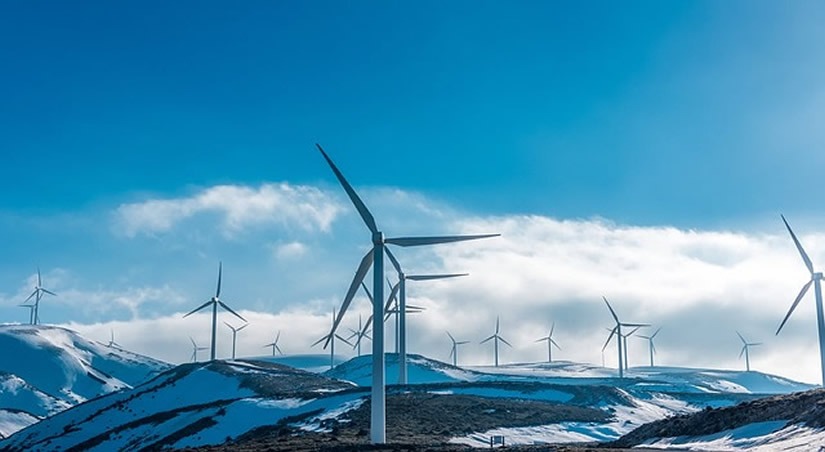By Orbex
There has been a lot of media speculation ahead of the Joint Ministerial Meeting of OPEC and non-OPEC members in Vienna today.
Pressure has been mounting on producers to ramp up oil supplies as prices moved higher. The increased price of energy is putting further strains on inflation. This means that the issue is now moving beyond merely how producers balance market shares and profits, but how it impacts monetary policy as well.
The situation is quite different since the last JMMC.
Just before the meeting started, reports came out that Kuwait was actually looking to pause the agreed-on production increases. Now, it’s the entirely opposite scenario, with many economists speculating how much OPEC+ might raise production.
The situation
Energy prices across the globe, particularly in Europe, have spiked recently.
One of the primary causes for this is that there has been less wind than usual. Therefore, renewable energy production has fallen behind. In turn, energy producers have turned to more expensive peaking power to fill the gap.
Most peaking power is produced with natural gas. And now with supply issues associated with geopolitical considerations between Russia and Europe, natural gas prices have been on the rise.
Many power plants have the option of substituting fuel oil if natural gas prices rise too much, and they have started doing so. This has substantially increased demand for oil, pushing up the price.
Is it transitory?
Less than a month ago, most analysts thought that oil prices would generally trend downward. They expected demand to be lower due to slower economic activity in the coming months, and for OPEC producers to gradually increase production as already agreed.
However, that view didn’t take into account a change in the weather.
Just as there were no predictions for the wind to die down, it’s also unpredictable when the wind will increase. Or if there will be more or less cloud cover that will support solar production.
This could be an entirely temporary situation.
Any changes in policy that OPEC+ might decide on at today’s meeting wouldn’t come into effect until two months from now. They already set October production at the last meeting and now they are deciding on production for November. This wouldn’t reach consumers until the end of the month at the earliest.
There is a possibility that OPEC might consider the problem as transitory and not change their long-term plan to deal with it.
What are we looking at?
While there have been numerous officials that have called for an increase in production, there isn’t a formal survey predicting what OPEC+ will do so.
US President Biden announced that he was communicating with OPEC to address the price issue. But this has been his Administration’s position all along.
Crude prices have slipped ahead of the meeting. This might be an indicator that some market-makers are expecting OPEC to raise production. Or it might be in response to the bounce in market sentiment.
Either way, without a clear consensus in the market ahead of the meeting we could see a substantial move in crude prices no matter what OPEC decides.
 Article by Orbex
Article by Orbex
Orbex is a fully licensed broker that was established in 2011. Founded with a mission to serve its traders responsibly and provides traders with access to the world’s largest and most liquid financial markets. www.orbex.com
